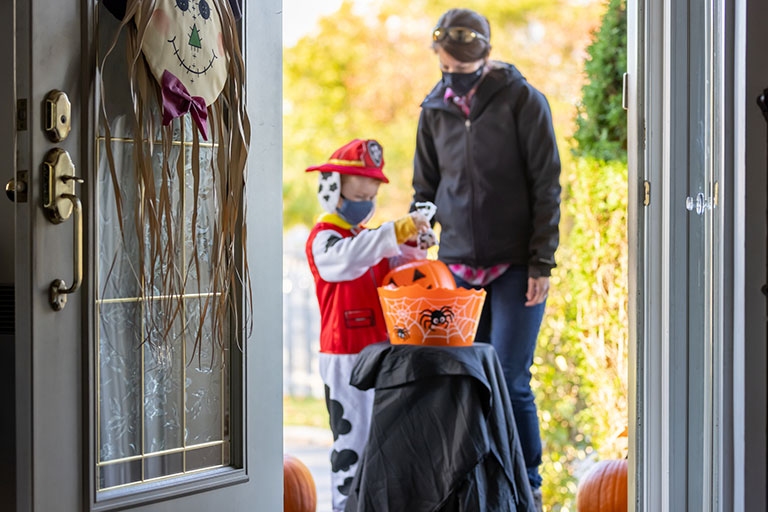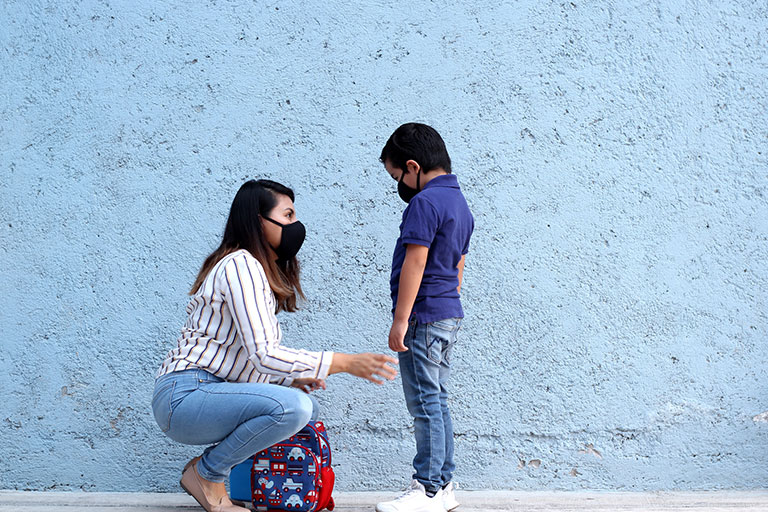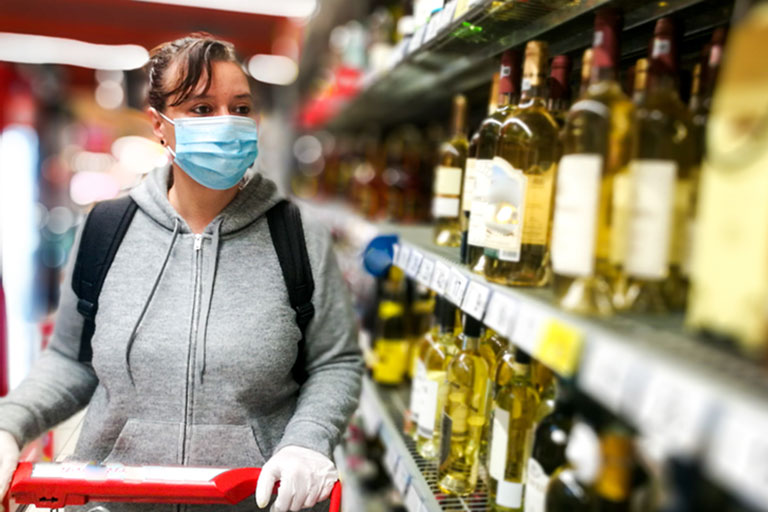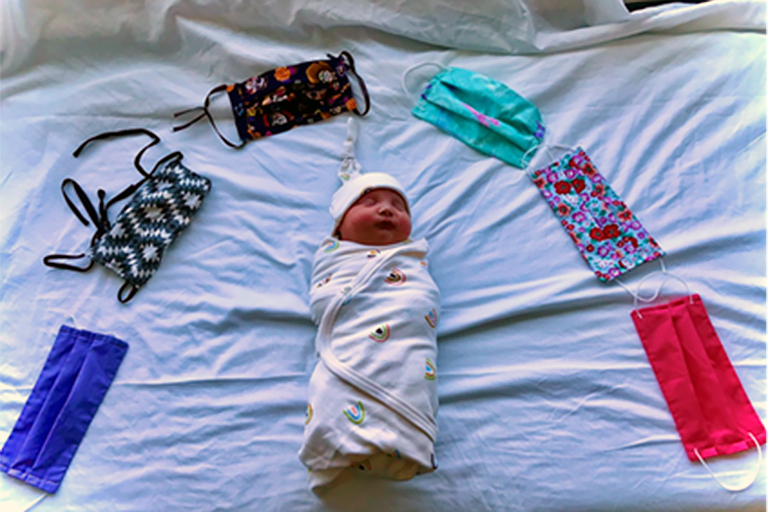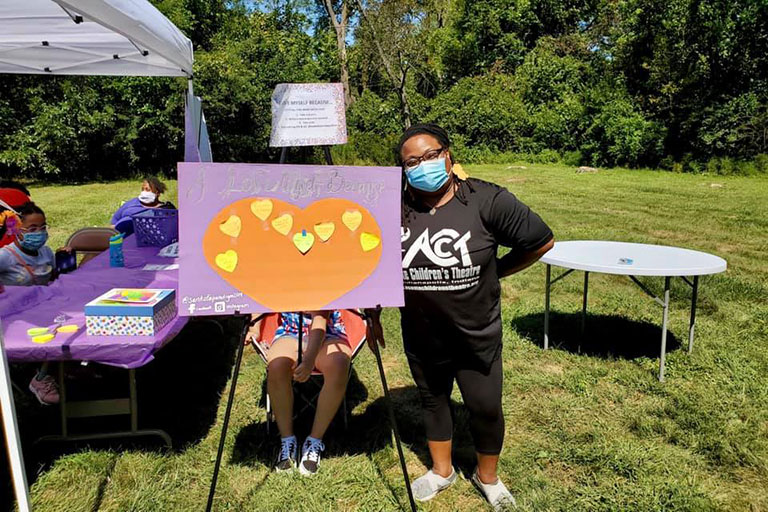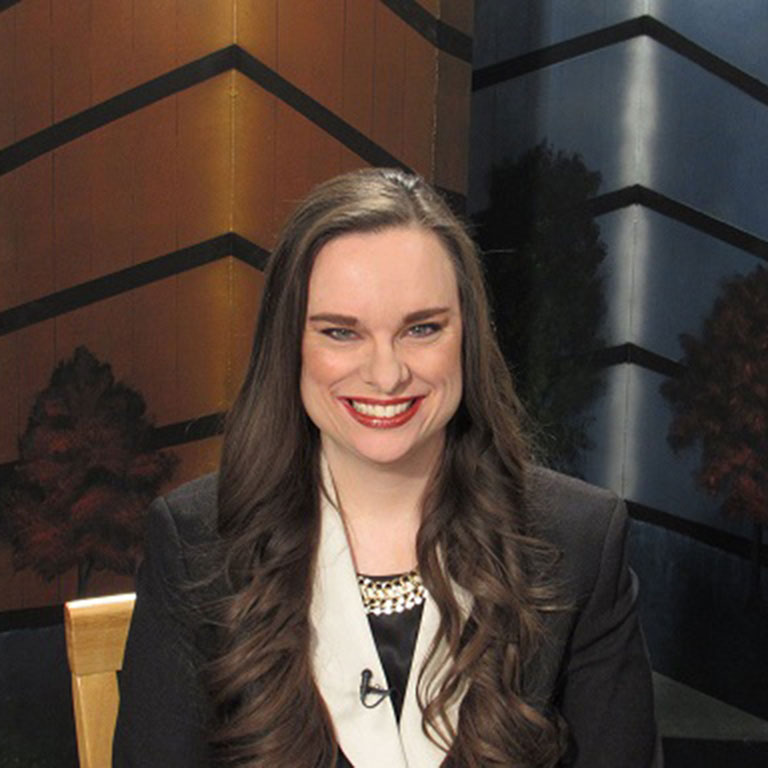The pandemic has been trying for all but especially for children and for their parents struggling to keep them safe and meaningfully engaged. As Halloween approaches, we are all grappling with the safety of trick-or-treating. In his recent New York Times column, "Kids Have Suffered Enough. Let Them Have Halloween", IU's Aaron Carroll, M.D., a pediatrician and faculty member at the IU School of Medicine, urged communities not to cancel trick-or-treating.
Aaron, who leads IU's mitigation testing efforts and is the star of IU's Ask Aaron webinar series, writes: "If we had to design an activity for children that might be safe during a pandemic, nothing would be better than trick-or-treating. It's outside, it can be socially distanced, the food is individually wrapped (before anyone partakes, parents can wipe down the candies while kids wash their hands), and it's the one night a year when kids will not argue at all about wearing masks."
The key question, Aaron writes, is "How can we do this as safely as possible?" His safety tips include placing a candy bowl six feet from the door and admiring kids costumes from afar. Candies also could be laid out on platters and replenished, so kids don't have to root around in a big bowl. Frequent use of hand sanitizer is also a good idea.
And while traditional trick-or-treating may be done safely, Aaron notes that some Halloween activities such as indoor get-togethers, bobbing for apples, haunted houses that ask kids to touch things or bump into each other, and large groups of kids even outside are not safe.
The point is not that there is a right or wrong answer, but rather that there are steps we can take to make trick-or-treating work and to help kids be as safe as possible, if we are so inclined. Obviously, each family has to make its own decision, taking into account individual risk factors and matters that may be unrelated to COVID.
I am grateful to Aaron for his clarity and for his compassion as we all deal with COVID. He is one of many IU researchers who are helping us make informed decisions and keep our families safe, sane, and productive, not just at Halloween but all year long.
If you trick-or-treat this year, please do so safely. And whatever you decide, Happy Halloween!
Fred H. Cate
Vice President for Research
Indiana University


